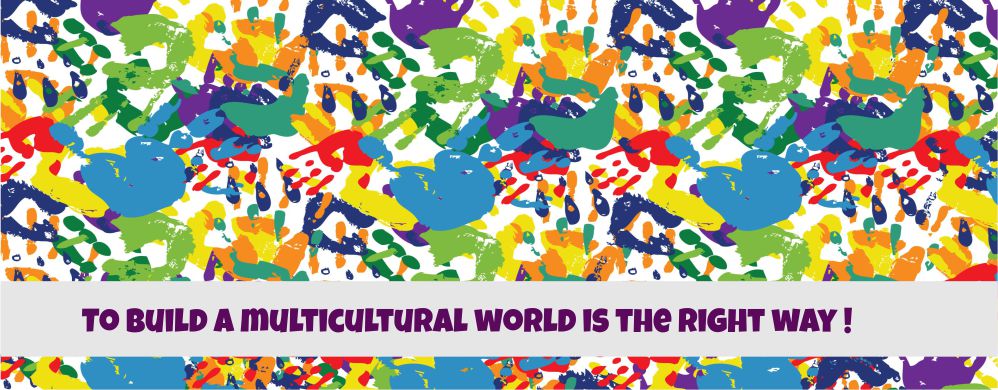Monday, December 26, 2016
Friday, December 16, 2016
Japanese festivals & Celebrations...
Seijin No Hi is the first holiday of the year after New Year's is all over. It is for all the women who have just become legal adults (age 20), and most families buy a kimono for their daughter. The typical kimono is 300-400 thousand yen, but much more extravagant kimono can be even as high as a million yen each. On the day the young lady will typically go to a nearby Shinto Shrine and pray for health, success, money, etc. It's one of the few times you will see anyone wear a kimono -- except for the grannies running around going to study or teach tea ceremony. The other occasions are graduation from a college, and once in a while at a wedding.
New book review:'Multicultural Japan: Palaeolithic to Postmodern (Contemporary Japanese Society)
by
Donald Denoon (Editor),
Mark Hudson (Editor), Gavan McCormack (Editor),
Tessa Morris-Suzuki
This book challenges the conventional view of Japanese society as being monocultural and homogenous. Unique for its historical breadth and interdisciplinary orientation, Multicultural Japan extends from the prehistoric phase to the present. It challenges the notion that Japan's monoculture is being challenged only because of internationalism, arguing that cultural diversity has always existed in Japan. It is a provocative discussion of identity politics around the question of 'Japaneseness'.This paperback edition has a new epilogue.
Tessa Morris-Suzuki was born in England and lived and worked in Japan before emigrating to Australia in 1981. She is professor of Japanese history in the College of Asia and the Pacific at the Australian National University, where her research focuses on Japan's frontiers and minority communities and on questions of historical memory in East Asia.
Interesting research:'THE ISSUE OF DIVERSITY AND MULTICULTURALISM IN JAPAN."
THE ISSUE OF DIVERSITY
AND MULTICULTURALISM IN JAPAN
Jie Qi
Utsunomiya University, Japan
Sheng Ping Zhang
Meijo University, Japan
The purpose of this paper is to problematize that which has been taken for granted
about the notion of multiculturalism in Japan. Multiculturalism is a novel issue in Japan. As
the Japanese government started to promote “internationalization” since 1980’s, slogans
such as “international exchange,” “cultural exchange,” “understanding of other cultures,”
etc, have become the most popular hackneyed expressions among policy maker and
educators. This paper demonstrates that the notion of multiculturalism in Japan is
intricately and deeply embedded in Japanese society, Japanese culture and the Japanese
educational system and that this type of multiculturalism excludes ethnic groups which
have lived in Japan since old times.
Saturday, December 3, 2016
Interesting Information about Argentina:The Gauchos Festival
The Gauchos Festival in Argentina
Once a year in the historical town of San Antonio de Areco in Argentina, gauchos from all over the country gather to show off their skills in a week-long Festival. This year the Festival was from November 1 to 9 and marked its 75th year. The gaucho experience is one of the best reservoirs for the culture and history of Argentina. Gauchos were nomad Argentine cowboys who led lonely lives on estancias in the 1800s. These large cattle ranches also acted as forts in the Pampas, the grasslands of the country, and the gauchos were their caretakers and fighters.
Friday, December 2, 2016
Interesting facts: "Multiculturalism in Argentina.."
Argentina is regarded as a multicultural and multiethnic country where more than 40 countries´ different cultures, traditions and cults harmoniously coexist.
Such a diversity has been enshrined in the National Constitution in its section 20 setting forth that foreigners living in the Argentine territory are entitled to the same civil rights that are exercised by an Argentine citizen, being able, among other acts, to practise their religion at their own discretion without being forced to become citizens. Neither can they be compelled to pay extraordinary compulsory rates.
Such a diversity has been enshrined in the National Constitution in its section 20 setting forth that foreigners living in the Argentine territory are entitled to the same civil rights that are exercised by an Argentine citizen, being able, among other acts, to practise their religion at their own discretion without being forced to become citizens. Neither can they be compelled to pay extraordinary compulsory rates.
New Book Review: Rethinking Race in Modern Argentina.....
Rethinking Race in Modern Argentina
Paulina Alberto, Eduardo Elena
This
book reconsiders the relationship between race and nation in Argentina during
the twentieth and twenty-first centuries and places Argentina firmly in dialog
with the literature on race and nation in Latin America, from where it has long
been excluded or marginalized for being a white, European exception in a
mixed-race region. The contributors, based both in North America and Argentina,
hail from the fields of history, anthropology, and literary and cultural
studies. Their essays collectively destabilize widespread certainties about
Argentina, showing that whiteness in that country has more in common with
practices and ideologies of Mestizaje and 'racial democracy' elsewhere in the region
than has typically been acknowledged. The essays also situate Argentina within
the well-established literature on race, nation, and whiteness in world regions
beyond Latin America (particularly, other European 'settler societies'). The
collection thus contributes to rethinking race for other global contexts as well.
Thursday, December 1, 2016
Let's congratulate Our newest IMN Country Representative in Bangladesh!
IMN Country Representative for Bangladesh, Professor Munir Hossain Talukder !
We wish to congratulate you on your new appointment as
IMN Country Representative in Bangladesh and we take this opportunity to look forward in working
closely and strenghten the cooperation with our network.We are sure our
cooperation will continue to be fruitful in the future.
Professor Munir Hossain Talukder
Subscribe to:
Posts (Atom)










